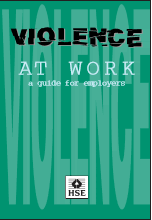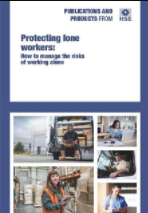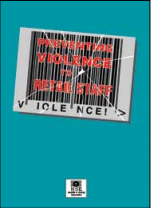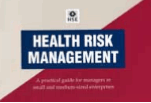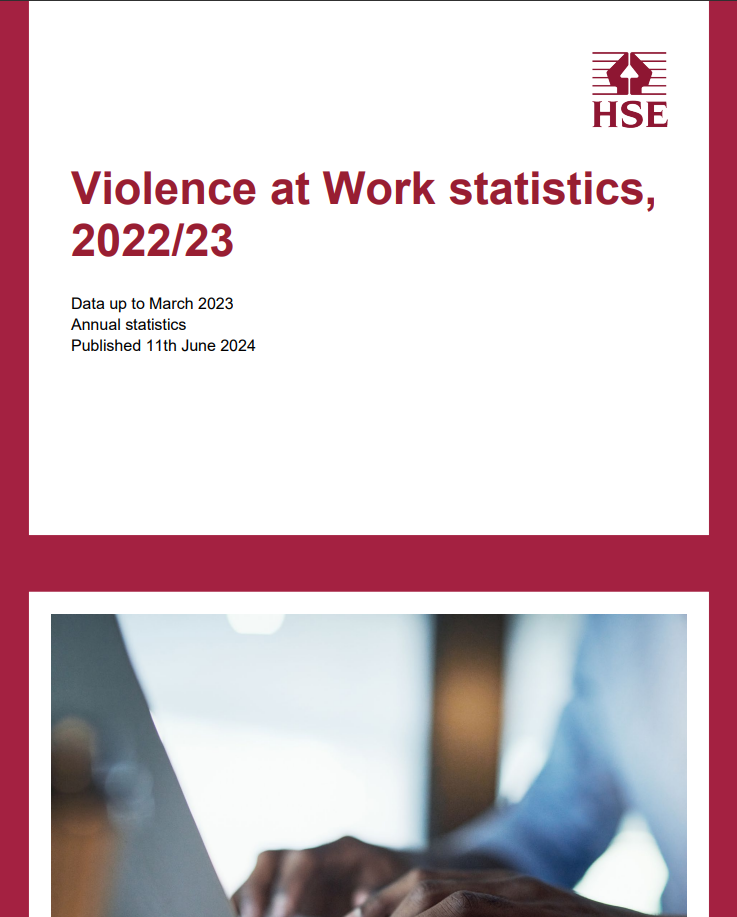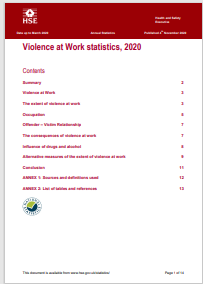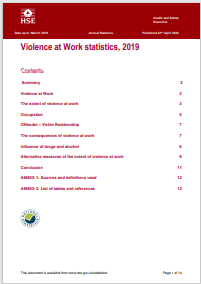|
|
Lone Working cont...Send comments on this topic |
FREE QHSE Software Click <HERE> to Learn More |
||
QHSE Support >(Site Map) Health & Safety Guidance > Lone Working >
LONE WORKING Management page 2 of 2
From an employer, employee and a health and safety point of view, lone workers should not be at more risk than any other workers. So the question the employer needs to ask is, "can the risks of the job be adequately controlled by one person?" and if so, "what arrangements are required to ensure the lone worker is at no more risk than employees working together?".
Clearly the hazards of lone working and those activities undertaken whilst alone need to be the subject of a risk assessment, and where the risks are significantly higher, for example, confined spaces such as vats and tanks, the risk assessment should be robust.
The Risk Assessment and Control Measures
As stated above, the key to maximising safety wherever lone work is under consideration is the performance of a satisfactory risk assessment, which should examine all aspects such as the environment, individual and the activities. Once all relevant hazards associated with the lone working activities of employees have been identified, it is necessary to develop, implement, maintain and monitor appropriate control measures. Control measures may include training, supervision, instruction, communication equipment, protective equipment etc.
The following publications give more guidance on lone workers;
|
INDG 69 - Violence at Work |
INDG 73 - Working alone |
|
HSG 133 - Preventing violence to retail staff |
HSG 137 - Health Risk Management |
|
Violence at Work statistics, 2022-23 |
Violence at Work statistics, 2019-20 (Archived copy)
|
|
Violence at Work statistics, 2018-19 (Archived copy)
|
|
Help file v2.276.407 : QHSE Support - Website On Safe Lines
onsafelines.com QHSE Software 2025 : Webmaster: Brian G. Welch MSc(QHSE), NVQ4(OH&S), CMIOSH



